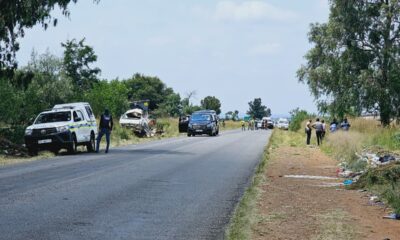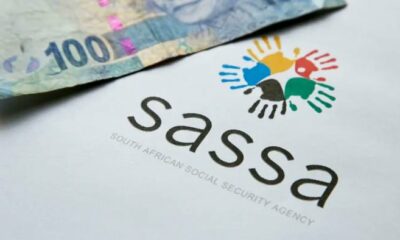News
The Illusion of Inclusion: Why South Africa Does Not Have “True BEE”

Follow Joburg ETC on Facebook, Twitter , TikTok and Instagram
For more News in Johannesburg, visit joburgetc.com
Published
3 months agoon

For decades, the policy of Black Economic Empowerment has been a cornerstone of South Africa’s efforts to redress the economic injustices of apartheid. But a growing and compelling critique argues that the project has failed in its most important mission. The claim is stark: South Africa does not have true BEE. What exists instead, critics say, is a system that has created a facade of transformation while leaving the fundamental structure of economic exclusion largely intact.
This argument suggests that the policy, in its current form, has been co-opted, creating a new elite while doing little to uplift the vast majority of the black population.
The philosophical foundation of BEE was “broad-based” empowerment. The goal was not just ownership transfer but the genuine economic inclusion of millions of South Africans who had been systematically locked out of the economy. The vision was one of widespread entrepreneurship, skills development, and shared wealth.
The critique posits that the reality has been the opposite. Instead of broad-based change, BEE has often resulted in “narrow-based” enrichment. The benefits have disproportionately flowed to a small, politically connected circle who have become repeat beneficiaries of major equity deals, while the promised trickle-down effect to communities and the broader workforce has been minimal.
So, what would “true BEE” look like? Proponents of reform argue it would be less about high-profile ownership deals and more about foundational economic building blocks. True broad-based empowerment would be measured by:
Massive SME Development: Fostering and funding thousands of black-owned small and medium enterprises that become sustainable job creators.
Universal Quality Education: A relentless focus on fixing the basic and higher education system to create a pipeline of skilled professionals, which is the most durable form of empowerment.
Wealth Creation for the Many: Mechanisms that allow ordinary employees and communities to build meaningful asset wealth, moving beyond one-off dividends to lasting financial security.
The argument that South Africa lacks true BEE is a call for a sober reckoning. It forces a conversation about whether the current model is capable of achieving its original, noble goals or if it has become a self-perpetuating system that primarily serves its own beneficiaries.
This is not a call to abandon economic transformation. It is a demand to do it better, more honestly, and with a genuine focus on the “broad-based” mandate that has always been in the policy’s name. The future of South Africa’s social stability depends on building an economy that includes everyone, not just a select few at the top. The current system, as the critique goes, is not that.
Follow Joburg ETC on Facebook, Twitter , TikTok and Instagram
For more News in Johannesburg, visit joburgetc.com


Breaking: Taxi Driver Arrested After Gauteng Scholar Transport Crash Claims 12 Young Lives


Sassa sets February 2026 social grant dates and clears up SRD eligibility for foreign nationals


South Africa weather alert: Heavy rain and flood warnings in Limpopo, Mpumalanga and Gauteng


Desperate search for five-year-old boy swept away in Limpopo floods


US sounds alarm as South Africa’s Iran naval drills spark diplomatic storm


Inside Job Alleged: Ex-Standard Bank IT Operator in Court for R1.9 Million Overdraft Scam















